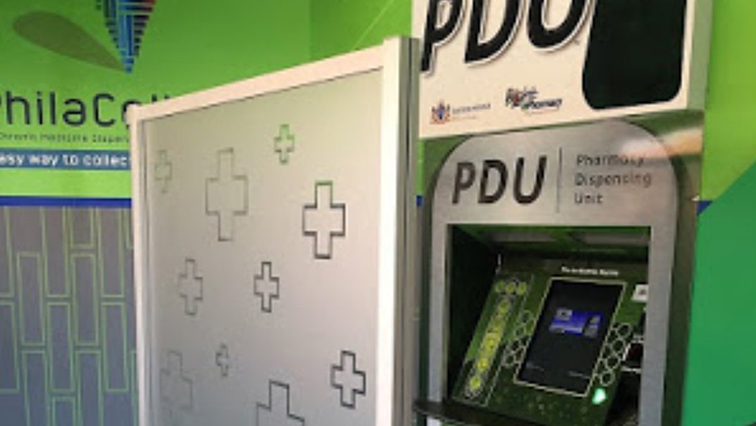Right ePharmacy, a private pharmacy in South Africa has started to fast-track the rollout of its smart lockers to different communities in the country.
The pharmacy says it wants to ensure that people can safely collect their chronic medication during the extended lockdown.
The company started installing smart lockers, popularly known as ATM pharmacies in townships, a few years ago, and is now fast tracking the process amid constraints of the current national lockdown due to the COVID-19 pandemic.
Operations Manager at Right ePharmacy Thato Mathabathe says, “As we know right now with COVID-19, a lot of the facilities will be called on to respond to the COVID-19 pandemic and as such health professionals will not really have time to attend to chronic stable patients. So these lockers offer that platform for us to decant these patients out of facilities and they are able to quickly collect because with the lockers patients are able to collect within ten seconds.”
Patients can register at their nearest health facility if their condition is stable and collect their chronic medication from the lockers without being in contact with other people.
Right ePharmacy says patients will be given two months’ supply of their medication.
Health and hygiene awareness to reduce risk of infection COVID-19:
UKZN, HSRC probe impact of COVID-19 on health workers
Meanwhile, the University of KwaZulu-Natal and the Human Sciences Research Council (HSRC) have launched a joint survey investigating the impact of coronavirus (COVID-19) on healthcare workers.
Across the world, with South Africa being no exception, many healthcare workers have been infected with the virus. The study seeks to understand how the virus is affecting South African healthcare workers both physically and emotionally.
Healthcare workers are urged to participate in the online survey. HSRC’s Dr Priscilla Reddy says the results will give government tangible evidence to enable it to develop interventions and strategies aimed at assisting healthcare workers during the pandemic.
“The way the survey works is, you go into a data free website that’s on the HSRC website, you click on it and you fill a core set of questions and then depending on your occupational category, you are directed to whichever one suits your training. To date, we have over 6 000 entries – you know whatever programmes or interventions the government, the private sector, the NGO sector want to develop. It can be based on some evidence rather than the anecdotal stories that we hear through the media.”

Loading…






